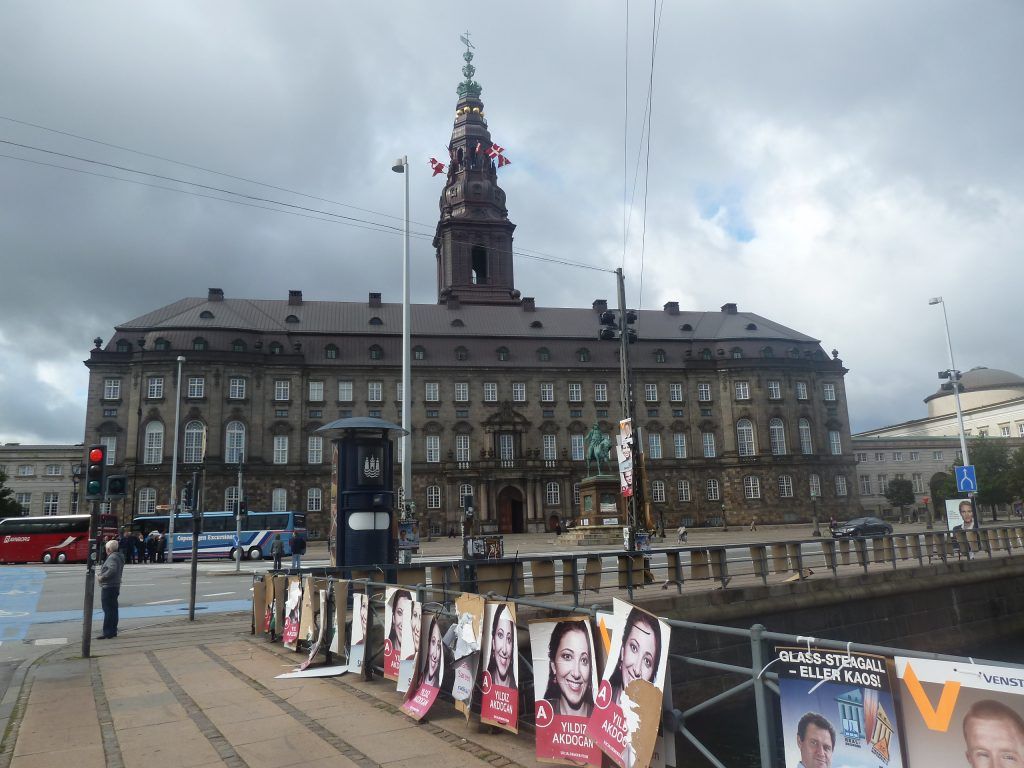Figures from a recent study reveal that many young immigrants living in Copenhagen feel less connected to the established political system than in previous years.
The numbers
The report, based on a 2017 national survey, showed that 82 percent of young people with non-western backgrounds aged between 18 and 29 felt democratically represented in Copenhagen.
This compares with roughly 94 percent of naturalised Danish citizens in the same age range living in the city, who said they felt connected to the country’s political process.
The figures were slightly worse than in 2016, when 84 percent of young people with non-western backgrounds felt represented.
The survey also revealed that 27 percent of the non-western citizens either agreed or strongly agreed that religious rules should be followed – even if they violated Danish law.
Politicians give feedback
Cecillia Lonning-Skovgaard from Venstre said she was disturbed by the findings.
“It’s something that makes me really worried because it’s clear that if more young Copenhageners feel that, for example, Sharia legislation is more important than Danish legislation, we have a huge problem,” she contended to DR.
Jonas Bjørn Jensen of Socialdemokratiet said more action was needed so that children felt involved in Danish democracy from an early age.
“We have already allocated 120 million to a commitment to education in Copenhagen over the next for years,” he told DR.
“It’s about giving young people some democratic tools and making them feel more like a part of society.”














